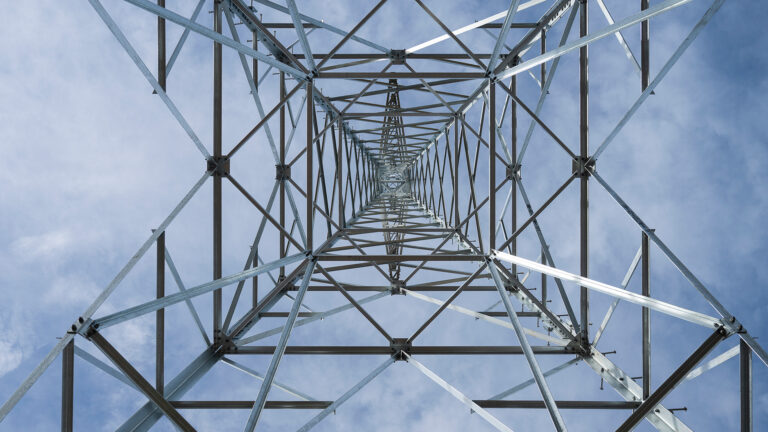Battery energy storage systems bring flexibility to power grids
31.10.24Battery Energy Storage Systems (BESS) are rapidly emerging technologies that store energy for later use, adding flexibility and stability to power grids. BESS play a crucial role in balancing energy production and consumption, especially in connection with renewable energy sources like wind and solar power.
Electricity reserves are resources used to ensure the operational reliability of the power system by balancing fluctuations in electricity production and consumption. They are a critical part of power system management, especially in situations where the balance between production and consumption is disrupted, such as during a power plant malfunction or a sudden change in demand. Reserves can be activated quickly to prevent outages and stabilize grid operations.
Acquisition and types of reserves
Reserves are procured from the markets and can be part of both national and international electricity markets, such as the Nordic power system. In Finland, reserve management is handled by Fingrid, the national transmission system operator.
Reserves are categorized based on their activation speed and purpose. Frequency Containment Reserves (FCR) maintain grid stability: the Normal Frequency Containment Reserve (FCR-N) responds to minor frequency changes, while the Disturbance Frequency Containment Reserve (FCR-D) is activated in case of larger frequency deviations. The Automatic Frequency Restoration Reserve (aFRR) restores the frequency to normal levels after short-term disturbances. Manual Frequency Restoration Reserve (mFRR) is manually activated in more severe disturbances. The Capacity Reserve, or strategic reserve, is a backup system used only during power shortages when other resources are insufficient.
BESS enhances energy security and supply stability
Battery Energy Storage Systems (BESS) enable the storage of excess energy for use during peak demand or when production is low. Energy storage solutions can also be used in various reserve markets and to manage production peaks, such as in wind, solar, or hybrid parks.
The benefits of BESS are not limited to energy production. They can significantly improve the reliability of electricity supply in industrial and manufacturing facilities, helping to prevent unexpected production disruptions and strengthening energy security. This makes BESS an excellent solution for both energy markets and industrial needs.
The Manukangas battery storage is NYAB’s first battery storage project, jointly owned by FRV and AmpTank, located in Simo, Northern Finland. The project is significant as the new battery storage facility has a capacity of 30 MW/60 MWh, including 24 Sungrow PowerTitan battery container units. The project includes the entire area’s infrastructure, battery installation and cabling, a 110kV field, a 31.5 MVA transformer, and 110kV connection cabling.
“There haven’t been many battery projects of this scale in Finland yet, so this project has offered us many new lessons and interesting challenges,” says Pauli Lahti, sales manager of NYAB’s electrical grid business.
This project is an important step for both NYAB and Finland as a whole, as the demand for large-scale energy storage continues to grow with the increasing use of renewable energy.


